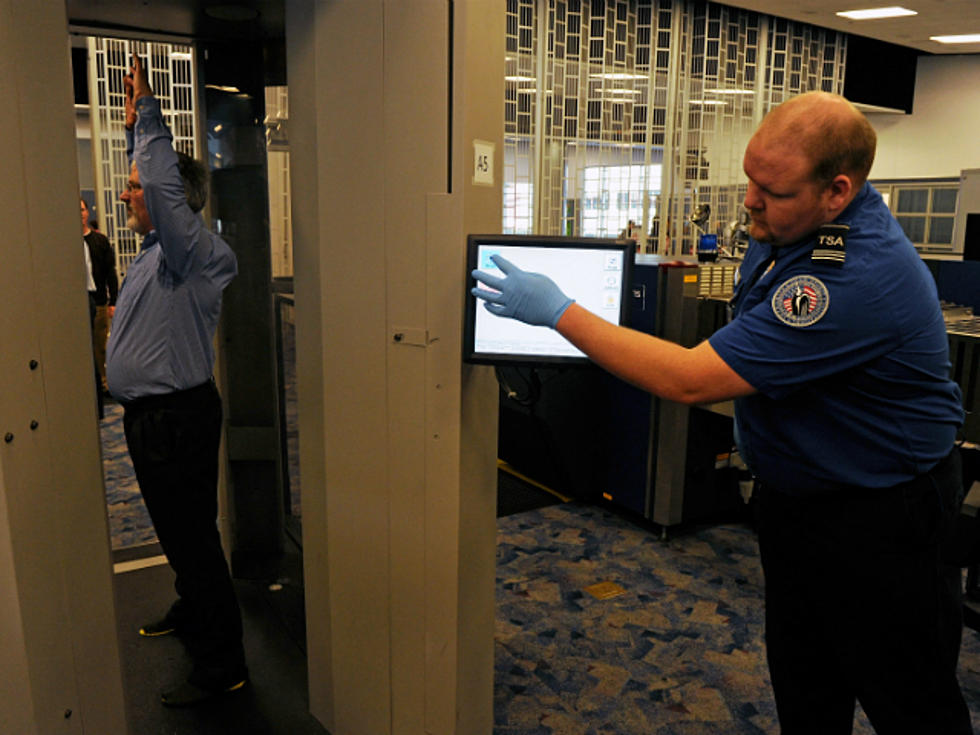
More Than 80 Percent of Hospital Errors Go Unreported
The government tracks medical errors to inform the public what hospitals provide the best service and to determine future funding, but a new report from the Department of Health and Human Services finds about 86 percent of hospital errors go unreported by employees.
These errors included overused or wrong medications, severe bedsores, hospital-based infections and, in some cases, even patient deaths.
In order to be paid by Medicare, hospitals are required to track and analyze medical errors using incident reporting system databases designed to manage and improve the quality of care for patients. Regardless, more than half of adverse and “temporary harm” events are not reported because the hospital staff doesn’t feel it’s warranted to do so.
The report from the HHS Office of the Investigator General found the problem is most likely due to a lack of clarity about what defines an adverse event or medical error, seeing an abnormal event as a fluke, reporting larger events as smaller ones, or staff members afraid of retribution — but no matter the reason, an artificially low number of reported errors could stagnate improvements to patient care.
In reaction, hospitals across the nation are joining the “partnership for patients,” with 2,900 hospital administrations so far committing to saving 60,000 lives in the next three years.
Ruth Ann Dorrill, deputy regional inspector general for the Department of Health and Human Services, said the Center for Medicare Services plans to develop and distribute a list of adverse events that should be reported.
More From KMMS-KPRK 1450 AM










